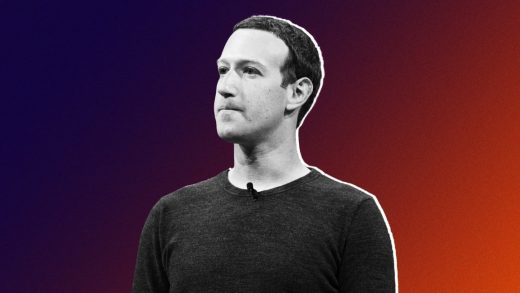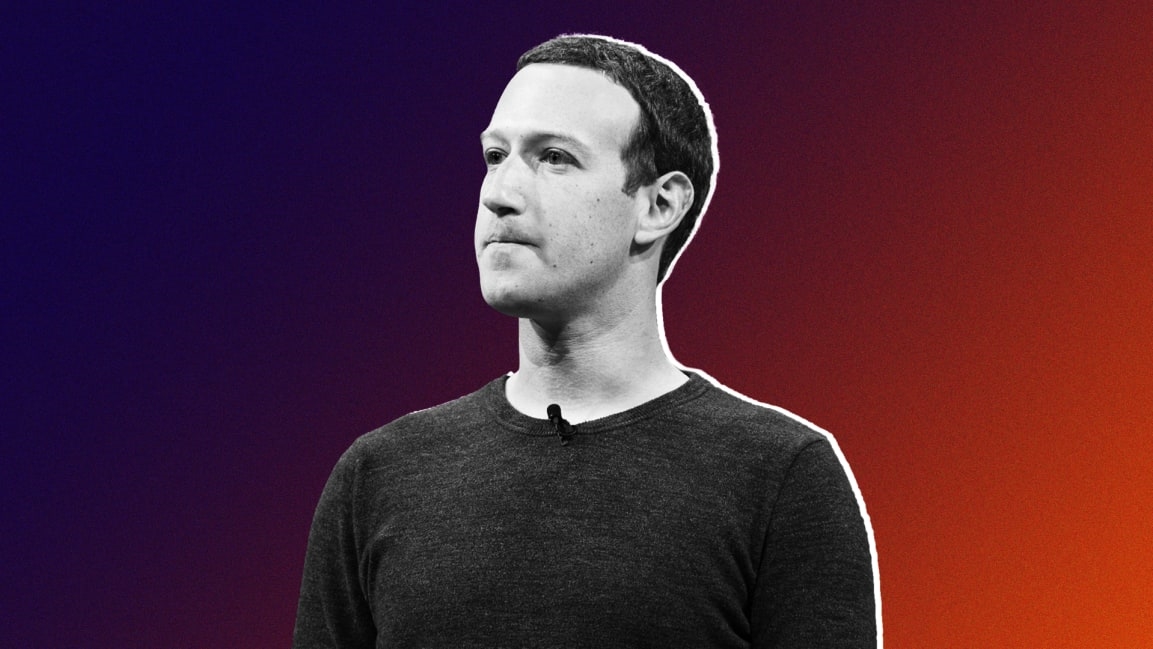If you read one Mark Zuckerberg takedown today, read this one
Thursday morning, the New York Times published an op-ed by Facebook cofounder Chris Hughes that pulled no punches. Hughes’s message was right there in the headline: “It’s time to break up Facebook.”
This is, of course, has become an oft-repeated sentiment over the last few years, and especially lately. Politicians like Senator Elizabeth Warren (D-MA) have been sounding this horn for a bit now amid a growing outcry that Facebook and other tech giants should be broken up on antitrust grounds. However, Hughes’s op-ed may have more of an impact. For one, Hughes isn’t an economist or politician, but someone who helped build Facebook and knows Mark Zuckerberg personally. He describes personal anecdotes of being in college with Zuckerberg, growing the company, and watching the platform scale and dominate.
Hughes writes that it is Zuckerberg’s “very humanity that makes his unchecked power so problematic.” He continues:
Mark’s influence is staggering, far beyond that of anyone else in the private sector or in government. He controls three core communications platforms–Facebook, Instagram and WhatsApp–that billions of people use every day. Facebook’s board works more like an advisory committee than an overseer, because Mark controls around 60% of voting shares. Mark alone can decide how to configure Facebook’s algorithms to determine what people see in their News Feeds, what privacy settings they can use and even which messages get delivered. He sets the rules for how to distinguish violent and incendiary speech from the merely offensive, and he can choose to shut down a competitor by acquiring, blocking, or copying it.
And that’s just the fourth paragraph.
The rest of the lengthy piece goes into great detail about how Facebook got so big, why Zuckerberg isn’t up to the job of keeping the company reined in, and even how the United States became so lax on flagrantly monopolistic companies. Our country used to be one that believed that no single person should have too much power, Hughes writes, but things changed in the 1970s when “a small but dedicated group of economists, lawyers, and policymakers sowed the seeds of our cynicism.” From there, a movement was born that changed the course of the nation.
Their gospel was simple: ‘Free’ markets are dynamic and productive, while government is bureaucratic and ineffective. By the mid-1980s, they had largely managed to relegate energetic antitrust enforcement to the history books.
For Hughes, tying this political history with Zuckerberg’s meteoric ascendence is necessary. The issue isn’t just that Facebook got too big and the U.S. needs figure out new and novel ways to fight its power. It’s that Facebook–and, more precisely, its founder and CEO–are riding on the coattails of this now-dominant political movement of deregulation to build an unfettered and seemingly unstoppable empire. And his actions have had a chilling effect on the tech industry:
As a result of all this, would-be competitors can’t raise the money to take on Facebook. Investors realize that if a company gets traction, Facebook will copy its innovations, shut it down, or acquire it for a relatively modest sum. So despite an extended economic expansion, increasing interest in high-tech startups, an explosion of venture capital, and growing public distaste for Facebook, no major social networking company has been founded since the fall of 2011.
All this (and more!) leads Hughes to two logical conclusions: “Mark’s power is unprecedented and un-American. It is time to break up Facebook.”
You can read the full op-ed here.
Update: Facebook has provided me with the following statement from Nick Clegg, the company’s VP of global affairs and communications:
Facebook accepts that with success comes accountability. But you don’t enforce accountability by calling for the breakup of a successful American company. Accountability of tech companies can only be achieved through the painstaking introduction of new rules for the internet. That is exactly what Mark Zuckerberg has called for. Indeed, he is meeting Government leaders this week to further that work.
(21)



